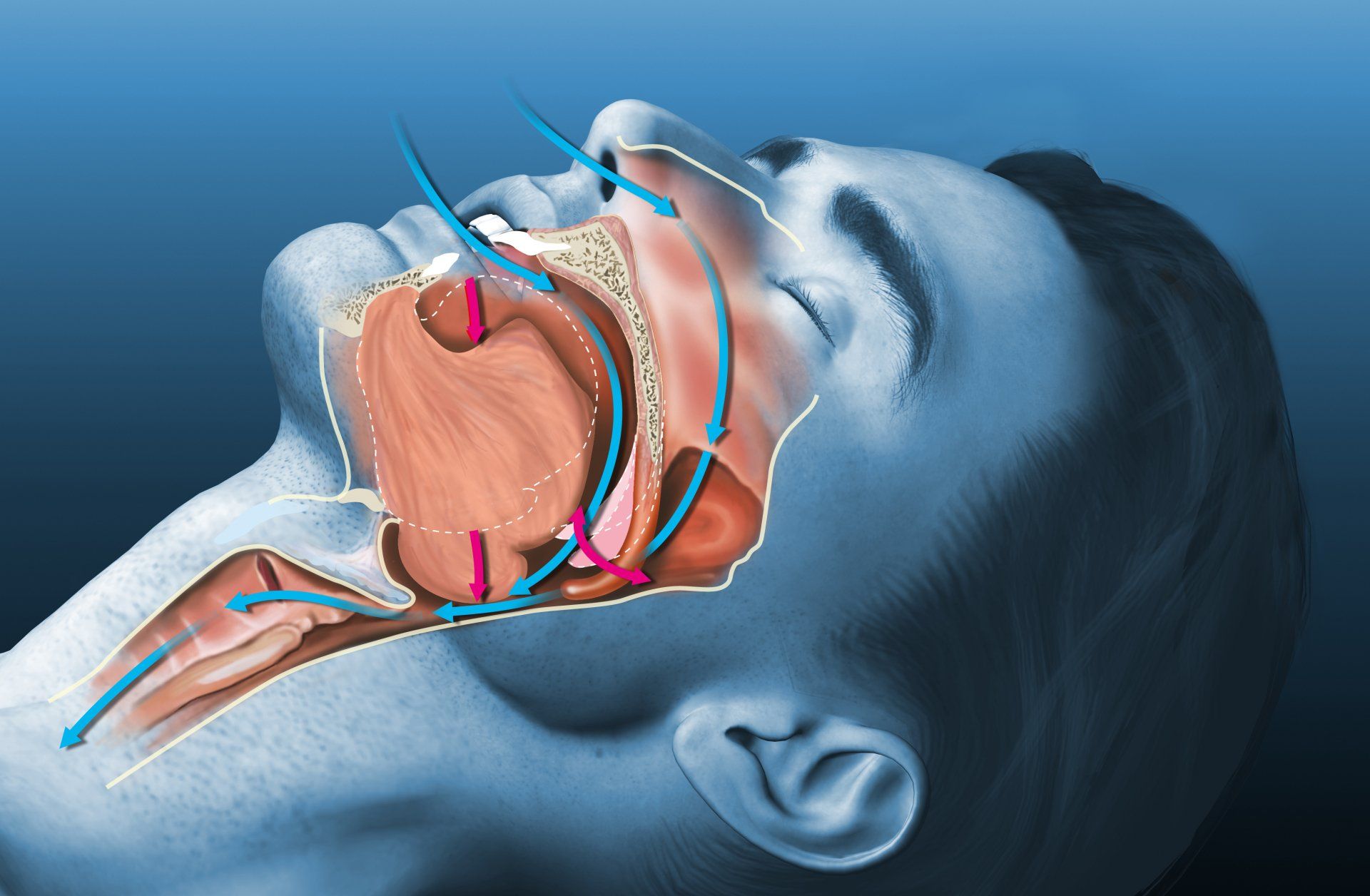The 4 Strategies of Managing Asthma Attacks
Chest tightness, wheezing, and feeling breathless. These are the scary symptoms that can suddenly happen to someone with asthma. Instead of panicking when an attack occurs, people with asthma should consider taking proactive steps to manage this condition to reduce asthma attacks' severity and regularity.
What is an asthma attack and what triggers it?
While there is no clear reason why some people have asthma, there is a probability that asthma develops in people from a combination of inherited and environmental factors. Asthma is chronic. While there is no cure for asthma, the condition can be controlled.
An asthma attack occurs when the airways constrict, swell, and produce too much extra mucus. When this happens, breathing becomes very difficult. Coughing often occurs, accompanied with shortness of breath. These are classic signs of an asthma attack and for some people, this can become life-threatening.
Asthma attacks can be triggered by a host of things, including:
Airborne allergens like pollen, dust mites, fungal spores, etc- Physical exertion or exercise
- Smoke and other airborne irritants
- Heavy bouts of stress
- Cold weather
- Respiratory infections
- Sulfites or preservatives in some food items like shrimp, dried fruit, beer and wine
- Medications like beta-blockers and non-steroidal anti-inflammatory drugs (NSAIDS)
Dangers of lack of management when a person is having an Asthma attack

Asthma management is key in reducing the severity and occurrences of attacks. When asthma is not well-managed, people with the condition often experience anxiety, poor mood and lowered productivity due to lifestyle limitations.
Patients with poorly controlled asthma often experience an increased risk of worsening the condition, pulmonary function loss, and a higher risk of mortality. They also face increased healthcare costs from more emergency visits to the doctors, as well as impaired ability to work and get educated.
Asthma also results in limitations in getting a good night’s rest, with work and social life restrictions having to be put in place. The burden of this illness also contributes to increased anxiety and depression, fear, and other emotional issues.
Available Treatments for Asthma

With modern-day advancements in our knowledge of this condition and improved treatments, asthma is no longer a difficult condition to manage. Those with asthma and even their caretakers can rest easy knowing that there are many available treatments for asthma. They include:
Preventer Inhalers
The first key treatment for asthma is the preventer inhaler. Preventer inhalers are the main methods to treat asthma today. They contain a low steroid dose meant to keep inflammation and swelling in the airways from getting out of hand. The steroids are called “corticosteroids”, which are a copy of the steroids naturally occurring in our bodies. Such steroids are not the same as performance enhancers used by bodybuilders.
Preventer inhalers come in different forms. Metered Dose Inhalers deliver the drugs in aerosol form, while dry powder inhalers deploy the medicine in a dry powder instead of spray. Breath-actuated inhalers release a mist of drugs only when patients inhale.
Preventer inhalers should not be used during an asthma attack. Reliever inhalers should be used in this situation instead.
Proper Inhaler Usage
Inhaler techniques are also important in the prevention of asthma. For the common Metered Dose Inhalers, users should always confirm that there is medication in the canister.
The inhaler needs to be shaken vigorously for five seconds before each puff. Additionally, the user must inhale through the mouth while the drug is deployed, keeping the tongue under the mouthpiece so that it does not block the opening of the inhaler.
Improper use of inhalers can help to reduce symptoms and cut the risks of asthma attacks.
Oral Steroid Treatment
Oral steroids are used to treat asthma attacks, and should be used under supervision or as part of the patient's asthma action plan. They are not meant to be used on a regular basis as they have long term side effects.
Using Reliever Inhalers
Reliever inhalers are the final line of treatment for this condition. The most common reliever inhaler is the blue inhaler which contains salbutamol. Reliever inhalers act fast to relax tight muscles around your airways, allowing the airways to open so that air can flow through them, providing quick relief.
This particular type of inhaler should only be used when asthma symptoms present or when asthma symptoms are anticipated following strenuous activity.
However, regular use of reliever inhalers should not be the only or long-term solution. If you use this option more than twice a week, you should consult your doctor for better asthma management.
Get Treatment for your Asthma
If you suffer from Asthma, it is important to seek professional medical advice to manage the condition. With new treatments and the right management strategy, you can lead a full and active life without worrying about the condition.
Facing difficulties with asthma or asthma management? Respiratory Medical Associates can help. We are an established
specialist group with leading expertise in treating and managing asthma. Reach out to us about your asthma problems today.















